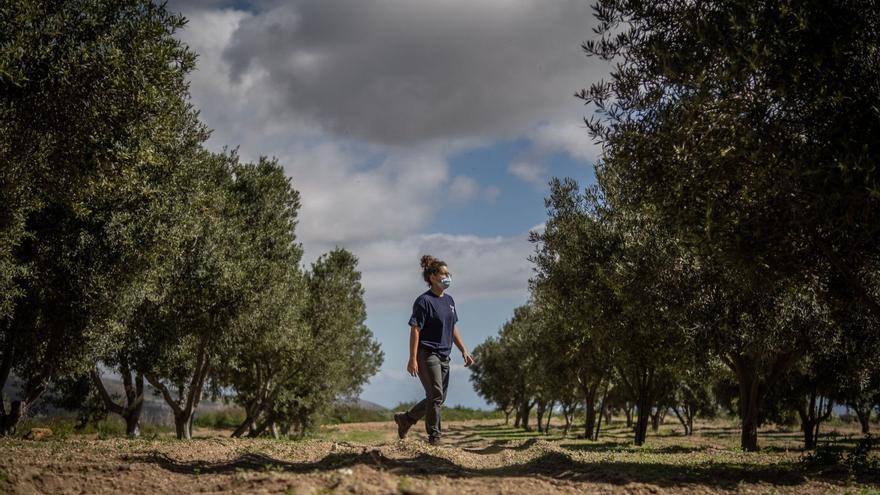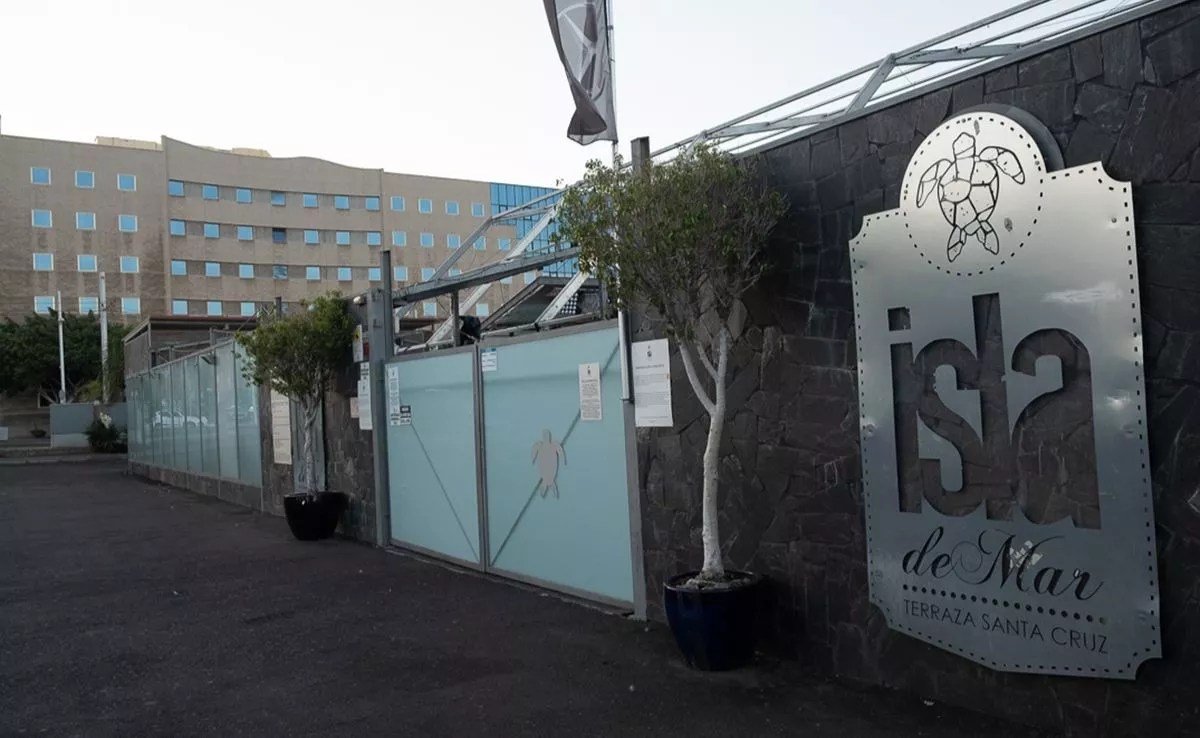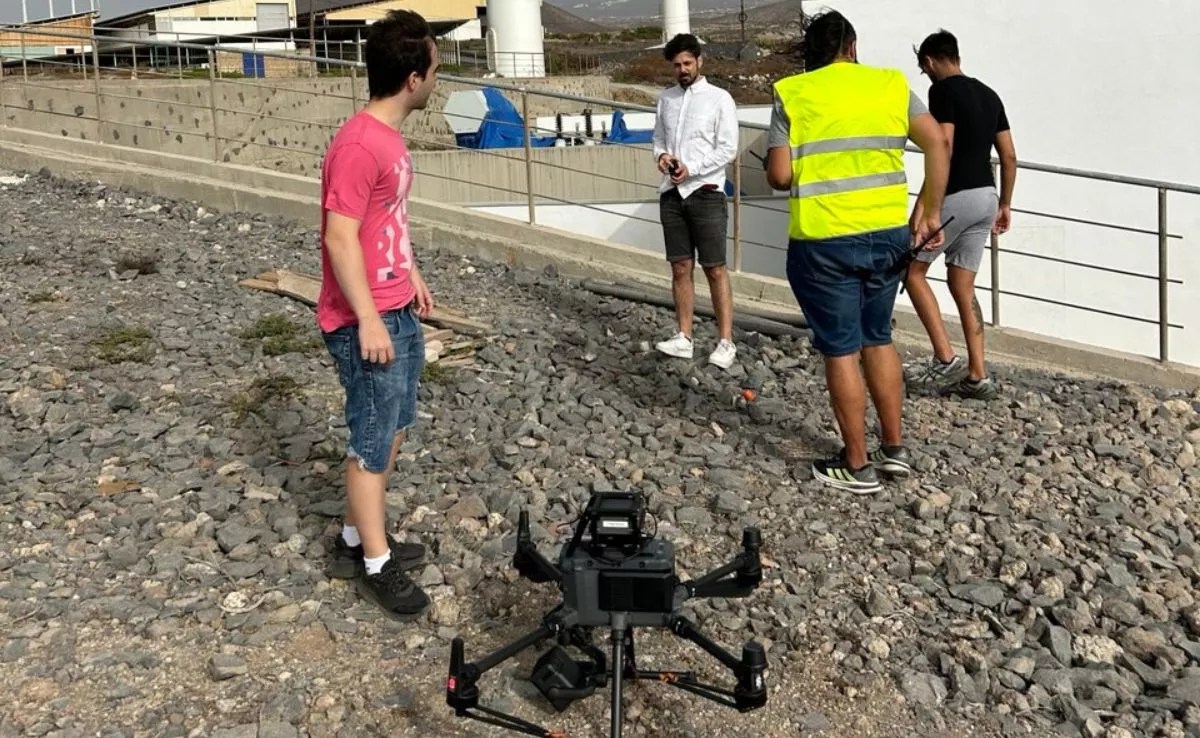
The Council of Tenerife launches an agrarian training program on beekeeping, oenology and extra virgin olive oil from the Island. This initiative is part of the planned annual programming, it is made up of 14 courses –to be developed between the months of March and September– and offers more than 280 seats. The insular Councilor for Agriculture, Livestock and Fisheries, Javier Parrilla, also advances the agreements of the Insular Beekeeping Board, which met last Friday: “Aid to boost productivity, commercialization and professionalization of the pioneer sector in Canary Islands».
The activities will be held at the Casa de la Miel and at the Casa del Vino, in El Sauzal, “to respond to requests from the island beekeeping and wine tables about the need to intensify training, as well as to Strategic Plan for Beekeeping in Tenerife”, adds Parrilla.
In this sense, the island manager recalls that “Tenerife is the first island that has a marked, agreed and approved strategy in the beekeeping field that ratifies our commitment to the sector.” It is intended to guarantee the future and sustainability of this traditional activity. With regard to the training program, the island manager highlights the introductory course to organic beekeeping, which will take place on March 23 and 24 and will be given by Miguel Alonso Castro, veterinarian and specialist in health and production in organic beekeeping Lion.
Beekeeping table
The Casa de la Miel, in El Sauzal, hosted the first beekeeping table of the year, in which the head of the primary sector advanced these aids to improve the profitability of beekeeping farms on the Island, “with which we intend to maintain the momentum for product quality certification.
The Beekeeping Board also met to study and analyze the proposals for aid to the sector by the Cabildo de Tenerife. Specifically, this year the Island Corporation will allocate 140,000 euros to complementary feeding of bees, 105,000 euros to the general impulse, 50,000 to support honey production companies and 60,000 to improve equipment and training services at the Casa de la Miel .
The meeting also addressed, at the request of the Association for the Promotion of Beekeeping in the Canary Islands (Foapi), the impact of the Proposition No Law, unanimously approved in Parliament, on beekeeping in the Canary Islands.
In this sense, Javier Parrilla stressed that “Tenerife already has a strategic plan for the development of beekeeping, agreed with the thirteen beekeeping associations of the Island and approved unanimously in plenary session.”
This means, he added, that “we have already positioned ourselves and set our lines of development and the Government of the Canary Islands it must respect the island model”.
The new training program started last week with the course Nutrition of the hive and its impact on health, and with the first module of initiation to beekeeping (level I). The beekeeping agenda, with a forecast of more than 200 participants, also includes courses Introduction to product knowledge and honey tasting (level I); Apiary multiplication techniques with introduction of realeras; Analytical interpretation of quality control for beekeepers; Control of the organoleptic quality of honey; Preparation of hives for wintering and Recovery and treatment of beeswax.
oenological training
Within the oenology sector, with 60 places, the conferences and courses planned are Malolactic fermentation: concept, implications, tools and alterations; Oenological quality parameters in laboratory and cellar; and Alterations and defects in wines. Origin, detection and preventive and corrective measures. Regarding extra virgin olive oil (EVOO), an introductory course to knowledge and a tasting with 20 places for participants will be taught. The program of activities can be consulted at the link www.casadelamiel.org/es/cursos.
















